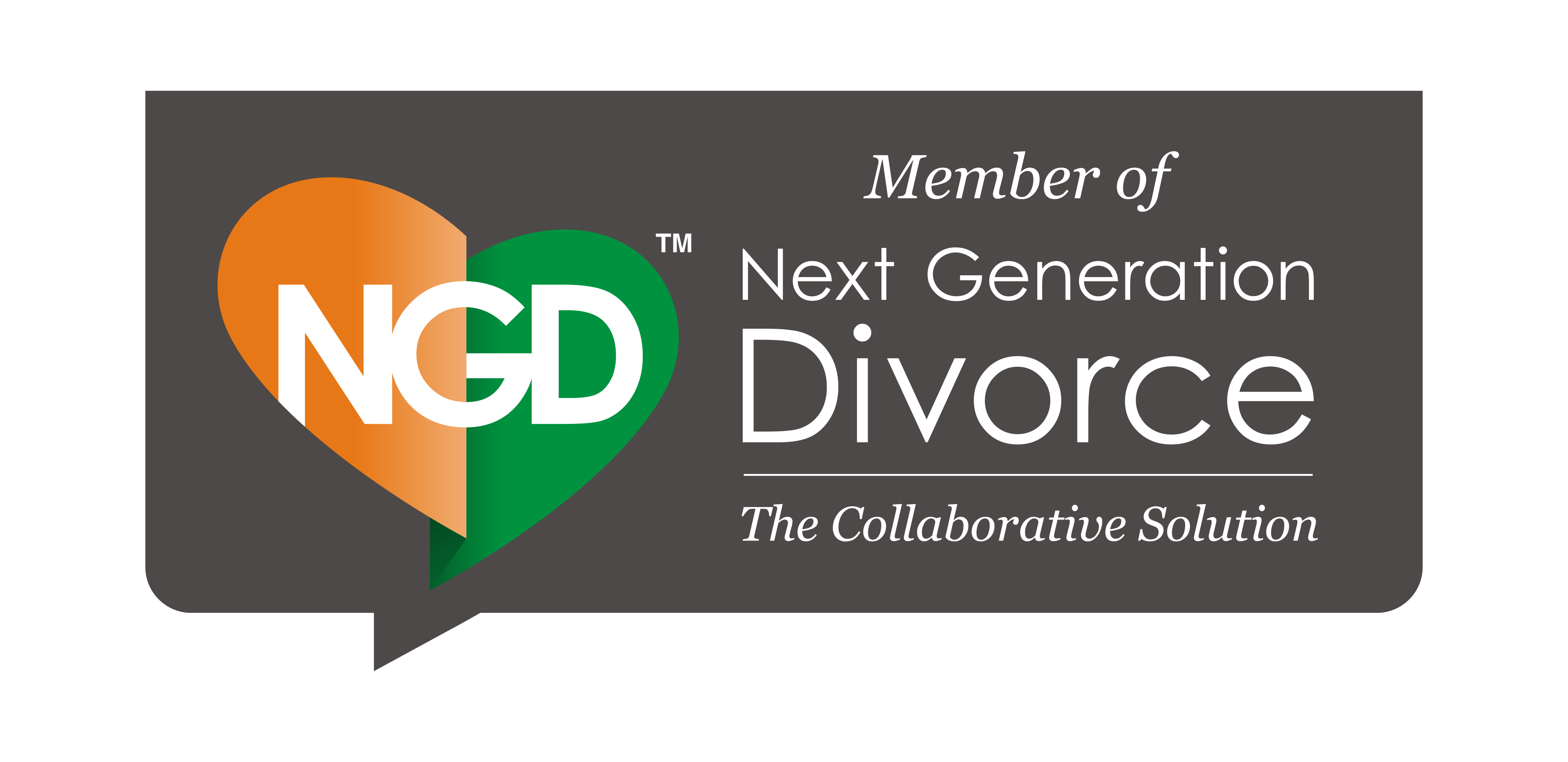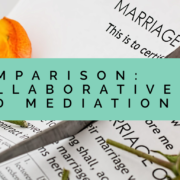What is a Collaborative Facilitator?
If you are looking at your divorce options (from traditional divorce to collaborative divorce to mediation), you may have come across the term “Collaborative Facilitator.” What is a Collaborative Facilitator?
A Collaborative Facilitator is a neutral professional in a collaborative divorce. He or she is oftentimes utilized as a team leader and communication specialist within the collaborative family law process. He or she generally has a background in family dynamics, childhood development, and/or conflict management. A Collaborative Facilitator will have credentials and a license. These will be in the area of marriage and family therapy, mental health counseling, social work, psychology, or psychiatry. However, the Collaborative Facilitator is not engaging in therapy as part of the collaborative process.
Author, psychologist, and collaborative trainer Jeremy S. Gaies, in A Clear and Easy Guide to Collaborative Divorce, discusses the role of the Collaborative Facilitator (which he describes as “coach,” using the nomenclature of the International Academy of Collaborative Professionals) in the following excerpt:



 In the video below, California attorney
In the video below, California attorney 





